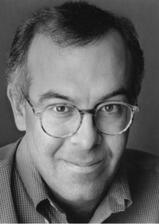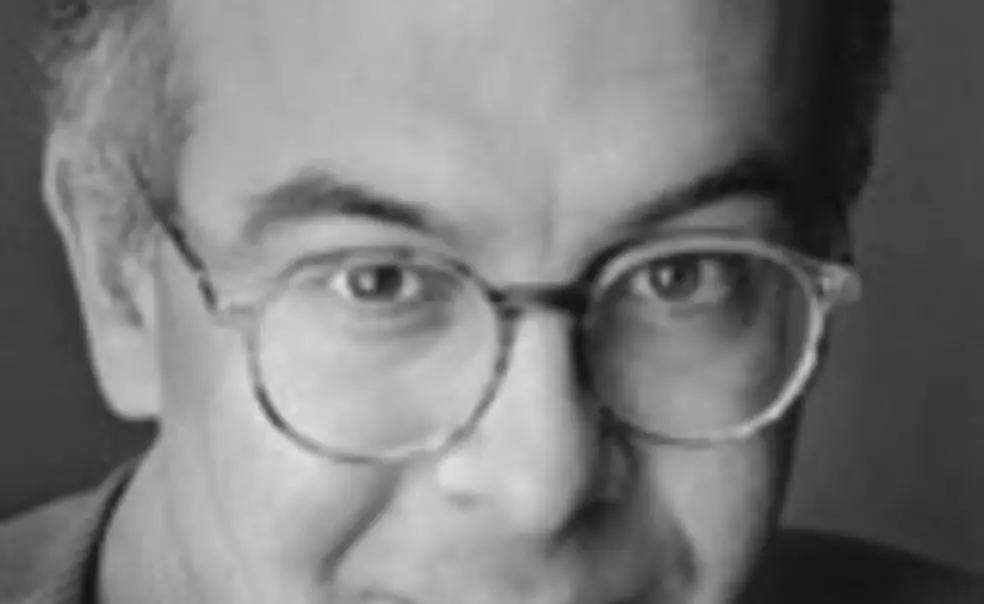Brooks: 'Information cocoons,' lack of compromise plague politics

Eleven years after writing a widely circulated feature in The Atlantic magazine called “The Organization Kid,” New York Times opinion columnist David Brooks still sees a societal shift from a culture of self-effacement to one of self-advancement. He discussed how this shift has seeped into national politics in a talked titled “Politics and the Organization Kid” at McCosh Hall Nov. 26.
The ethos Brooks described in his 2001 column — a focus among elite college students on ambition and aspiration to the detriment of character development — has “only deepened with time,” he said. But Brooks noted that the meritocracy has only become more pure, and that the competition to get into colleges and find jobs is stricter than ever before. This has catalyzed a loss of public virtue as well as “a rise in self-esteem, self-confidence, and a tremendous rise in the desire for fame,” he said.
What this means for American politics is less self-restraint and compromise, Brooks explained. He noted that Americans are now more likely to be caught up in “information cocoons.”
“We’ve become more polarized. We’ve certainly tolerated more dishonesty from people who are supposed to be on our side,” he said. Adding to this bleak state of affairs is a demographic shift, most notably where white voters comprise an increasingly thin slice of the electorate and thus cause the Republican party to lost 1.5 percent of its voters every four years. Meanwhile, as the Republicans struggle with the “wrong” side of these demographic transitions, the Democratic Party is forced to govern a country that has lost some of its public virtue in a highly divided Congress.
While Brooks said he is a “political pessimist,” he is still an economic and national optimist. “While I rag on a culture for being too narcissistic, it is simultaneously true that people under 35 are leading this tremendous social revival,” he said.
The event was extremely well attended, with McCosh 50 filled to capacity and an overflow audience in two simulcast rooms. Students such as Annelies Paine ’16 said they felt that Brooks’ comments were right on target.
“He kind of takes what everyone is feeling and is perfectly able to articulate it in a smart, balanced, and fair way,” Paine said. “I am nervous about what kinds of jobs will be available to me after college. I think his talk reinforced that a bit, but it gave me hope that he did talk about some positive things.”
Jared Kieling ’71 described Brooks as “a public intellectual who educes rather than criticizes.”
“David Brooks is interested in human nature, which I think needs to be added to the conversation,” he said.
Others, however, were less convinced.
“I’m not really sure what he was trying to get at,” Jamie Ding ’13 said. “He’s talking about moral decay and trying to link that with income inequality and stuff, but it just ignores all these other factors. Things are not that simple.”
Ding added that Brooks reduced many things he talked about to dichotomies that could lead to real ignorance of the causes of today’s societal ills.












No responses yet